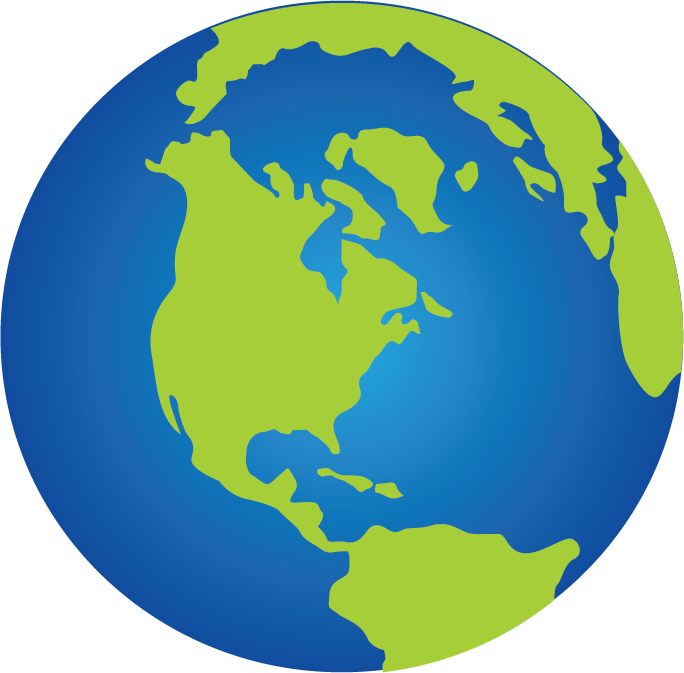Global 
The “Global” category examines the influence operations of a range of state actors that pursue strategic goals through a combination of soft power, lobbying, and information campaigns. These states often leverage cultural, religious, and economic tools to expand their regional and international influence. Turkey stands out as a key player, employing a range of tactics that include organizations serving the Turkish diaspora, Islamist groups, political and educational initiatives, and lobbying networks that effectively advocate for the Turkish government. Similarly, Qatar exerts its influence by funding projects aligned with the Muslim Brotherhood across Europe, maintaining a robust network of lobbyists, and utilizing Al Jazeera as a powerful media platform to advance its narratives globally. Meanwhile, North Korea focuses on projecting its power and securing regime stability through an intricate web of propaganda, cyberattacks, and illicit economic activities, all aimed at undermining adversaries and evading international sanctions. Together, these examples illustrate how states outside the major global powers employ targeted influence strategies to shape international discourse and regional dynamics, raising critical questions about their impact on governance, security, and democratic institutions.